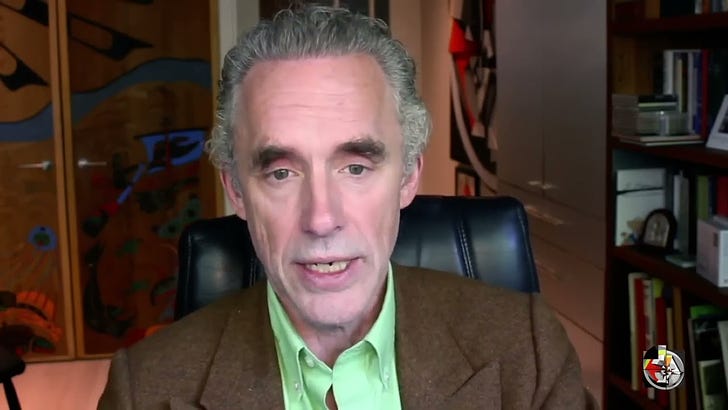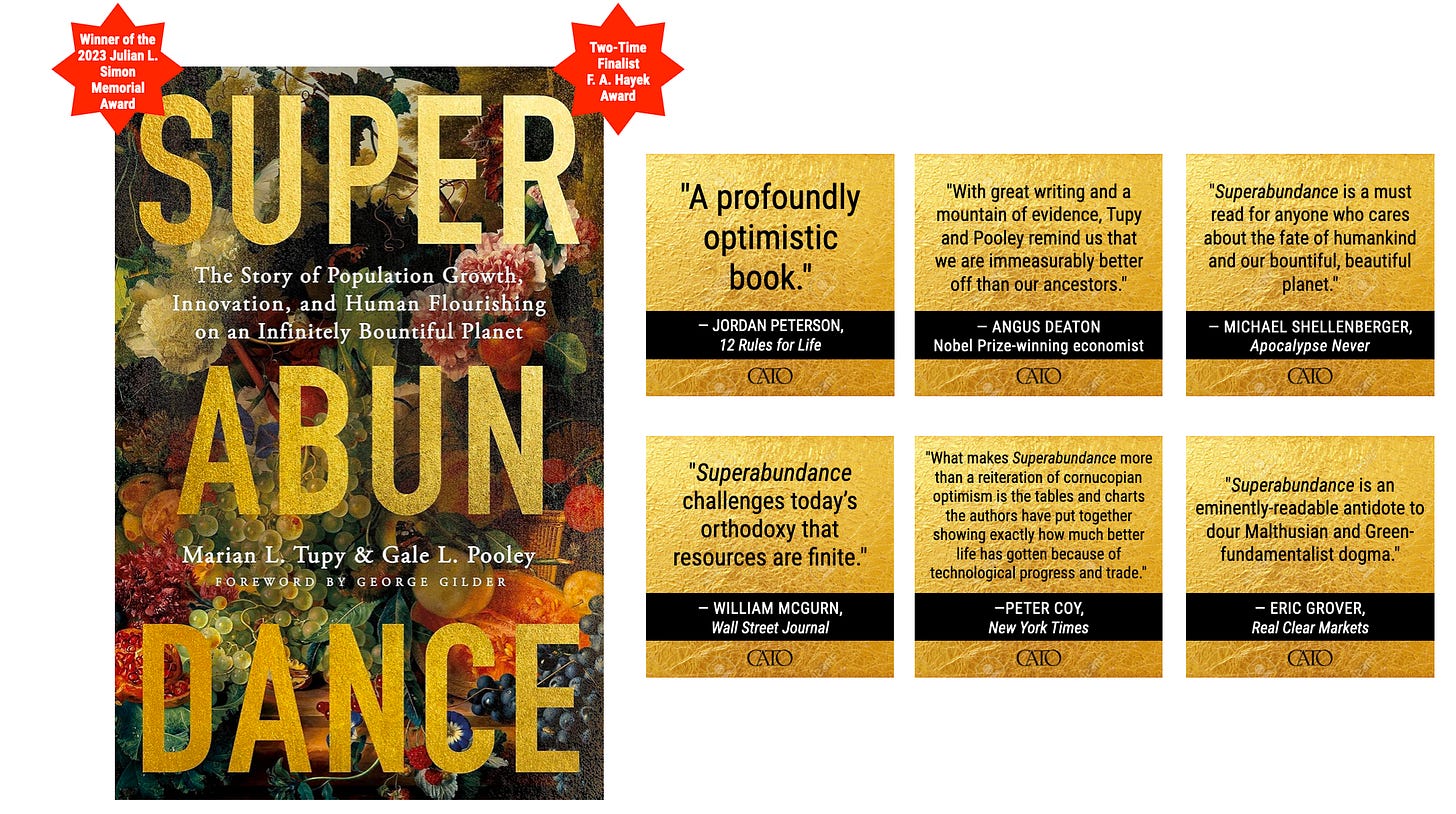Jordan Peterson: Malthus Was Wrong Biologically, Not Just Economically
The potential to innovate is infinite.
Unlike all other species on the planet, only human beings innovate. Innovation is the discovery and activation of valuable new knowledge. While we have a finite number of atoms on the planet, atoms without knowledge have no economic value. It is knowledge that transforms atoms into resources. Since there are no bounds to knowledge, resources can be infinitely abundant. Thomas Sowell notes that “Economic transactions are purchases and sales of knowledge.” Malthus failed to understand this about human action and an economy; therefore his hypothetical model fails to predict, thus cannot serve as science.
The empirical evidence also refutes his model. Since 1798 when he published his Essay on the Principle of Population, global population has increased from one billion to eight billion, life expectancy has increased from 28.5 years to 73 years, and income per person per day (adjusted for inflation) has increased from $2 to over $30. All of these factors suggest we have become at least 307 times more abundant (8 x 2.56 x 15). How is this possible if resources are limited? One of the original sins of economics was to think that only atoms could be resources. Economics must move from thinking in atoms to thinking in knowledge. The potential to innovate is infinite as long as people are free to create, discover, and share knowledge.
We describe the process of transforming scarcities into abundances in our new book, Superabundance, available at Amazon. You can read more at superabundance.com. There has never been a better time to create more life.
Gale Pooley is a Senior Fellow at the Discovery Institute and a board member at Human Progress.




